Camping & Survival
How Do You Survive a Natural Disaster?
A natural disaster can cause devastation and leave destruction in its wake. The more reason for you to be vigilant and prepare for any such emergency.

There are several kinds of natural disasters and there are different ways to survive a natural disaster. Here, we’re going to discuss some general survival tips that’ll help you stay away from harm’s way in case any of these natural disasters rage in your area.
Hurricanes & Floods

Known to cause severe destruction and devastation to people, properties, vegetation and life stock, floods can be quite dangerous. The worst part is the recovery phase, as people try to gather pieces of their lives and start a new life. With proper planning and survival tips, it’s possible to stay one step ahead of the natural disaster and ensure the safety of your loved ones and yourself.
An important thing to remember is that water is not the biggest threat during a flood. The debris in the water is also a risk, along with the rushing water.
Trim the Trees
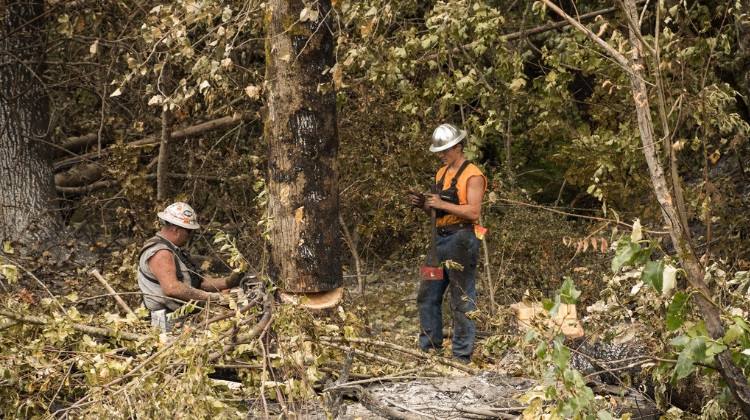
Before the flood arrives, take out your gardening tools and trim all the trees around the house. Strong winds can uproot trees easily and they can be a possible threat to your safety.
Higher Ground
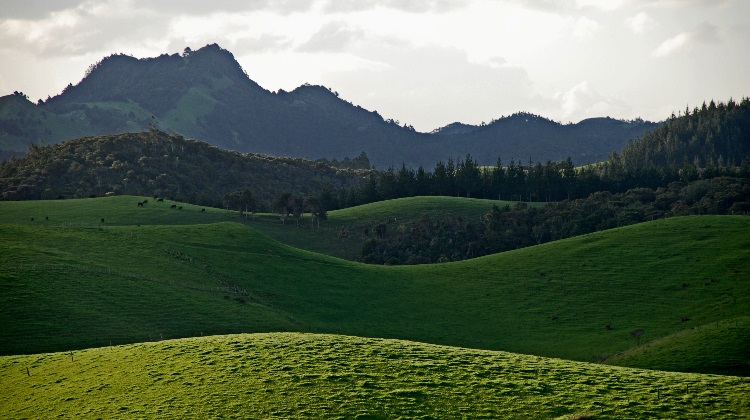
The first thing to do during a flood is to go to higher ground. This could be the best chance of survival you’ll get. The higher ground can be the second floor of your house too. So ensure that all your rations and emergency supplies are stored away from harm’s way.
Board up Windows
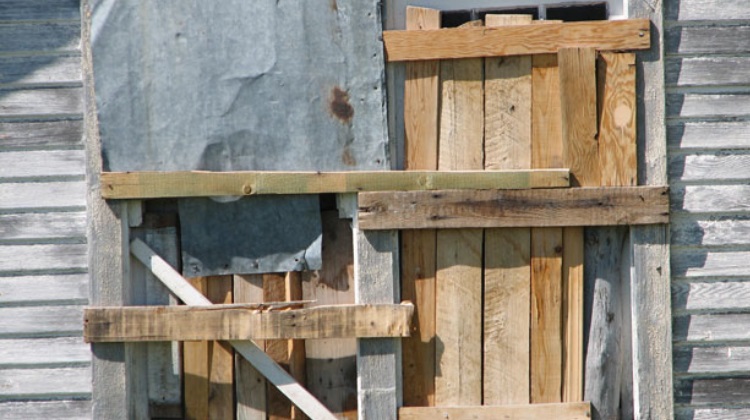
Before the fury of nature strikes, make sure your house is ready to take on the thrashing of winds. Board up windows and doors. This will ensure that strong winds don’t damage your house in any way. Permanent storm shutters would be a great help. Or you can just go for laminated glass with impact-resistant glazing. That ought to keep the winds and rain out of your house.
Earthquake

Technology has advanced a lot in the past few years. Scientists have come up with ways to predict the arrival of this frightening natural disaster but you can never take a chance with Mother Nature. That’s why it’s important to have a survival kit ready to enhance your chances to survive a natural disaster.
Get Out
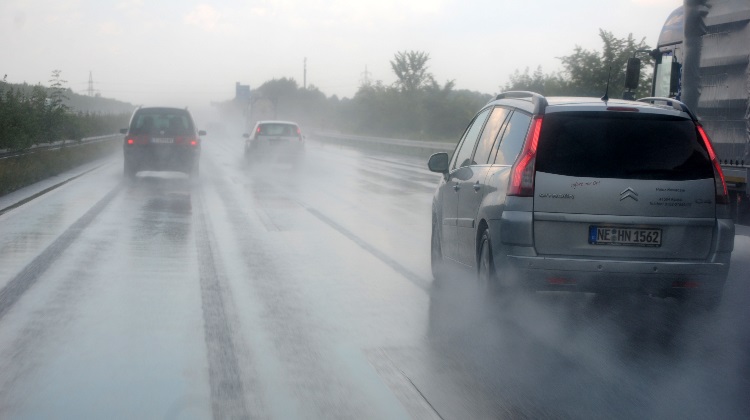
Your instant reaction when an earthquake strikes might be to drop to the ground and cover your head. That is the right thing to do but if you have access and can get out quickly, it’ll be best to leave the building and go for an open ground.
Take Cover
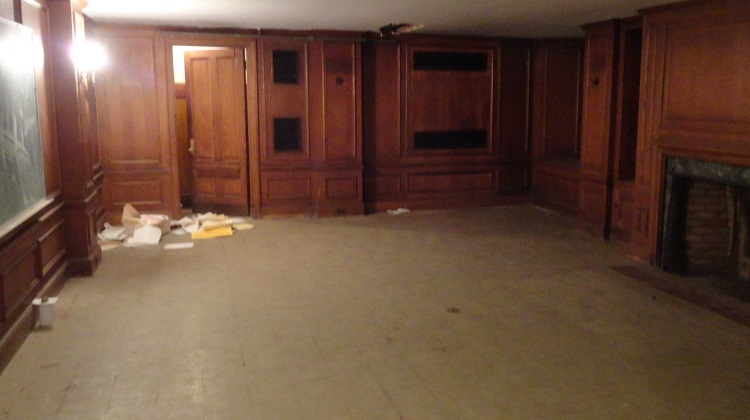
If there’s no way for you to get out of the building, take cover. You can either get under a sturdy table or in a corner of the room. Just make sure you move away from heavy furniture until the shaking stops.
Avoid Road Structures
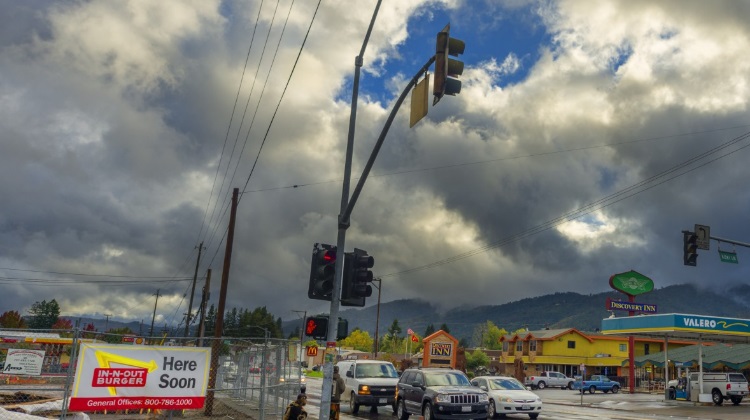
If you are out on the road, driving, make sure you stay away from bridges and overpasses. The intensity of the earthquake can affect their stability. Stop the car and wait until the shaking stops.
Get Away from Utility Wires
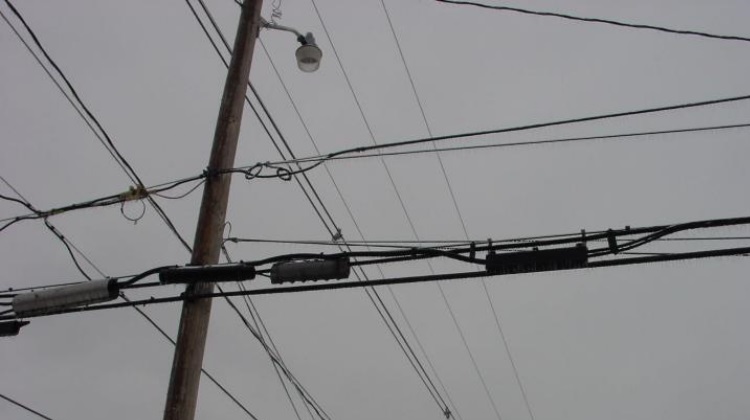
During earthquakes, utility poles can easily fall over. Make sure you stay in utility poles-free vicinity.
Get Away from Beaches
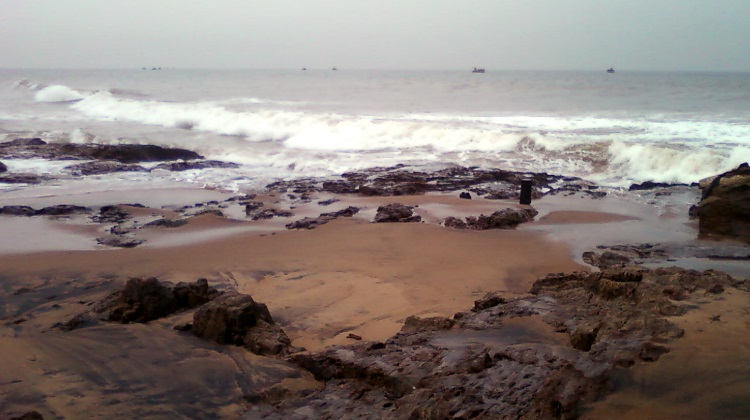
There’s always a danger of resulting tsunamis because of earthquakes. If you are near a beach, get out of the water and quickly head towards the shore. When the ground stops shaking, safely make your way to a secure location.
Beware of Landslides

If you’re near hills or mountains, there’s always a chance of a landslide. To ensure your safety and others too, move away from slopes and make your way to even ground.
Drought

Insufficient rainfall can result in a drought. Large periods of dry spell are caused due to the shortage of water, which can in turn become the cause of other natural disasters such as flash floods and landslides. And you’ll need all the help you can to survive a natural disaster.
Conserve Water

Make sure there are no leaks in the house and if possible, install flow restrictors. A tank less water heater would ensure water isn’t wasted as you wait for the hot water. In preparation for the drought, go for appliances that are more energy and water efficient.
Recycle Water

Do you have a water heater at your house? It can be a source of water for your indoor usage. Empty some of the container and presto! You have some water to use in the bathroom, to wash dishes or to water the plants.
Natural Disaster Survival Kit:
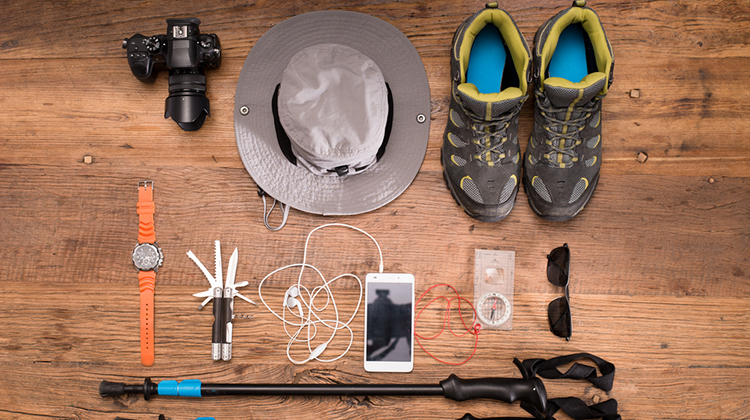
- Water supply
- Food rations
- Battery powered light source
- Cell phones
- Power supply
- First aid kit
- Medications
- Clothing
-

 Hunting3 days ago
Hunting3 days agoHow to Score Deer Antlers: Boone & Crockett Guide
-

 Accessories2 months ago
Accessories2 months agoBackcountry Trails 2025: Top 10 Hacks & Gear
-

 Adventure2 months ago
Adventure2 months agoE-Bike Trails During Fall 2025 in the US | Autumn Routes 🚲🍁
-

 Accessories1 month ago
Accessories1 month agoKilian Jornet States of Elevation Midway Update
-

 Uncategorized1 month ago
Uncategorized1 month agoBest Corn Mazes 2025: Top 10 in the US for Fall Fun
